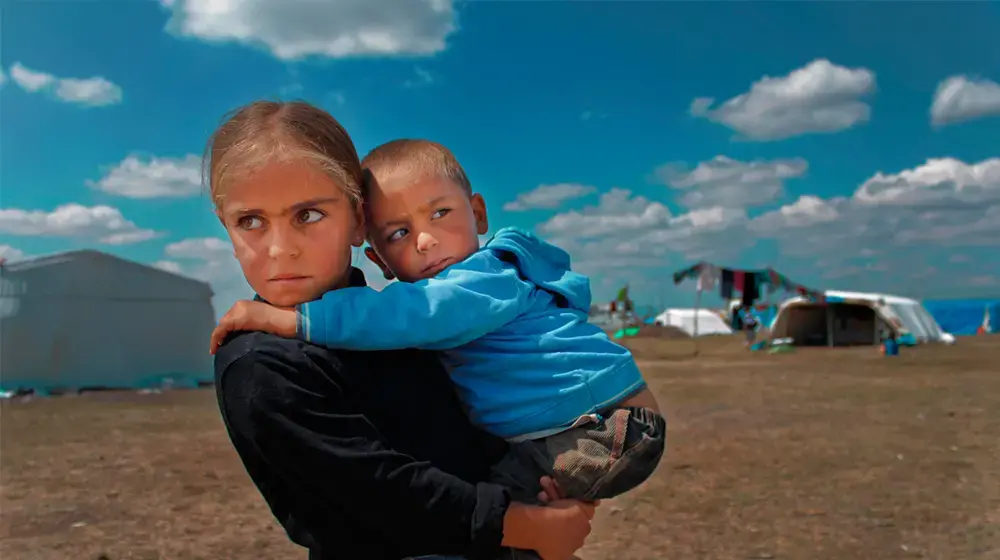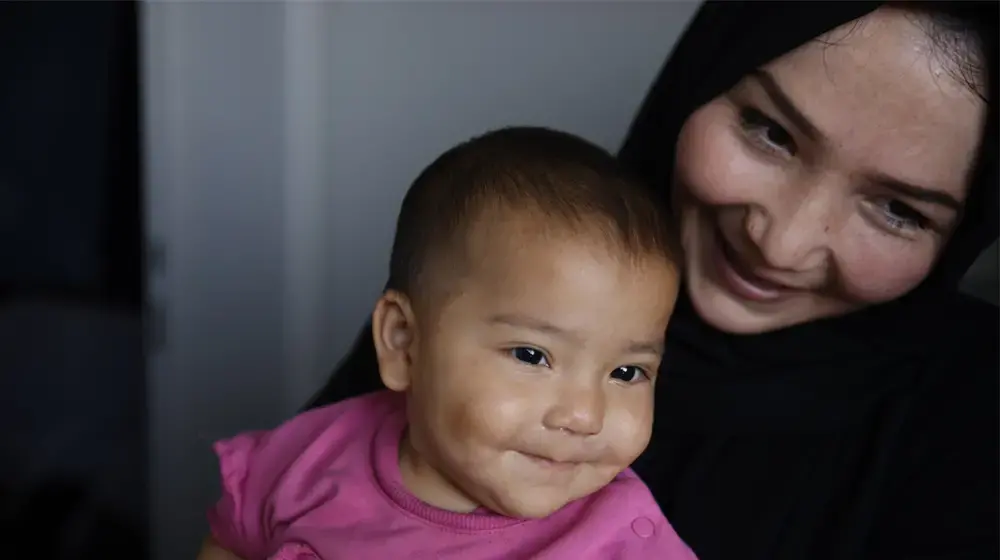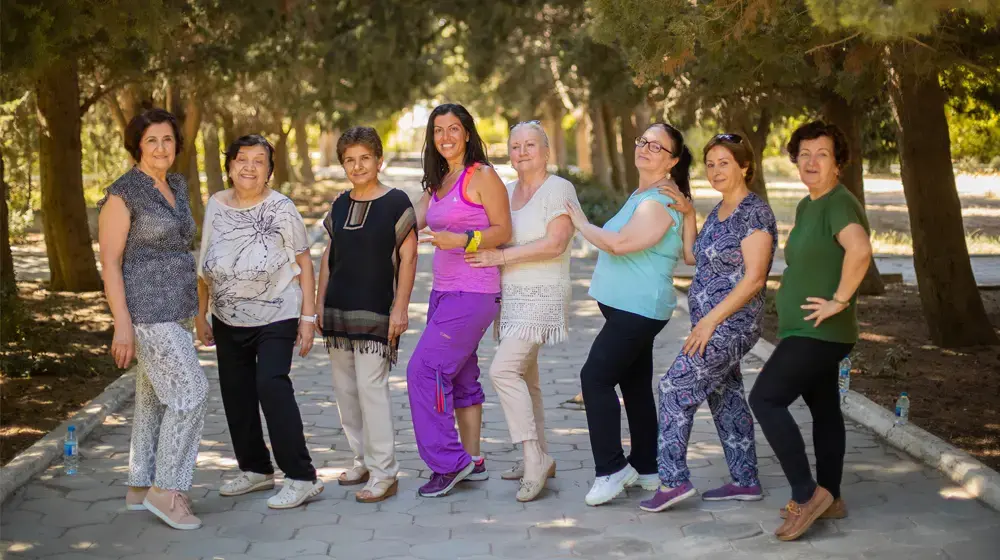“I’ve had to take large amounts of sick leave and, when that ran out, annual leave to deal with effects of an abusive partner. I thought I was going to lose my job.The fear of losing my job made dealing with the emotional and legal issues more stressful than it already was. Losing all my sick leave and much of my annual leave adds to the stress. I was trying to keep this secret of the abusive relationship away from my worklife. I was ashamed of it and what could the company do for it anyway? ” – Anonymous email to an HR Director.
Over many years despite considerable efforts by governments, international institutions and most importantly by women's movements, women and girls are still exposed to violence, being abused, trafficked, their access to education, worklife and political participation denied, to name just few human rights violations.
UNFPA has been working on promoting gender equality and combating gender based violence in all walks of life, where addressing such issues in employment is also part of our focus. Based on results of a UNFPA-sponsored research in 2015, UNFPA Turkey country office supported Sabancı University Corporate Governance Forum of Turkey to develop a guide-book for private sector companies interested in establishing mechanisms to support survivors of gender based violence at the workplace. In 2106, 17 companies which participated in the research received training of trainers and started to develop their company policies to combat domestic violence. One of the first companies is Garanti Bank which established a hotline for its employees. The others are Aygaz, Yeşim Tekstil and Aras Kargo which developed their company policies to promote gender equality and combat domestic violence.
Please find more info on: Sabancı Üniversitesi





